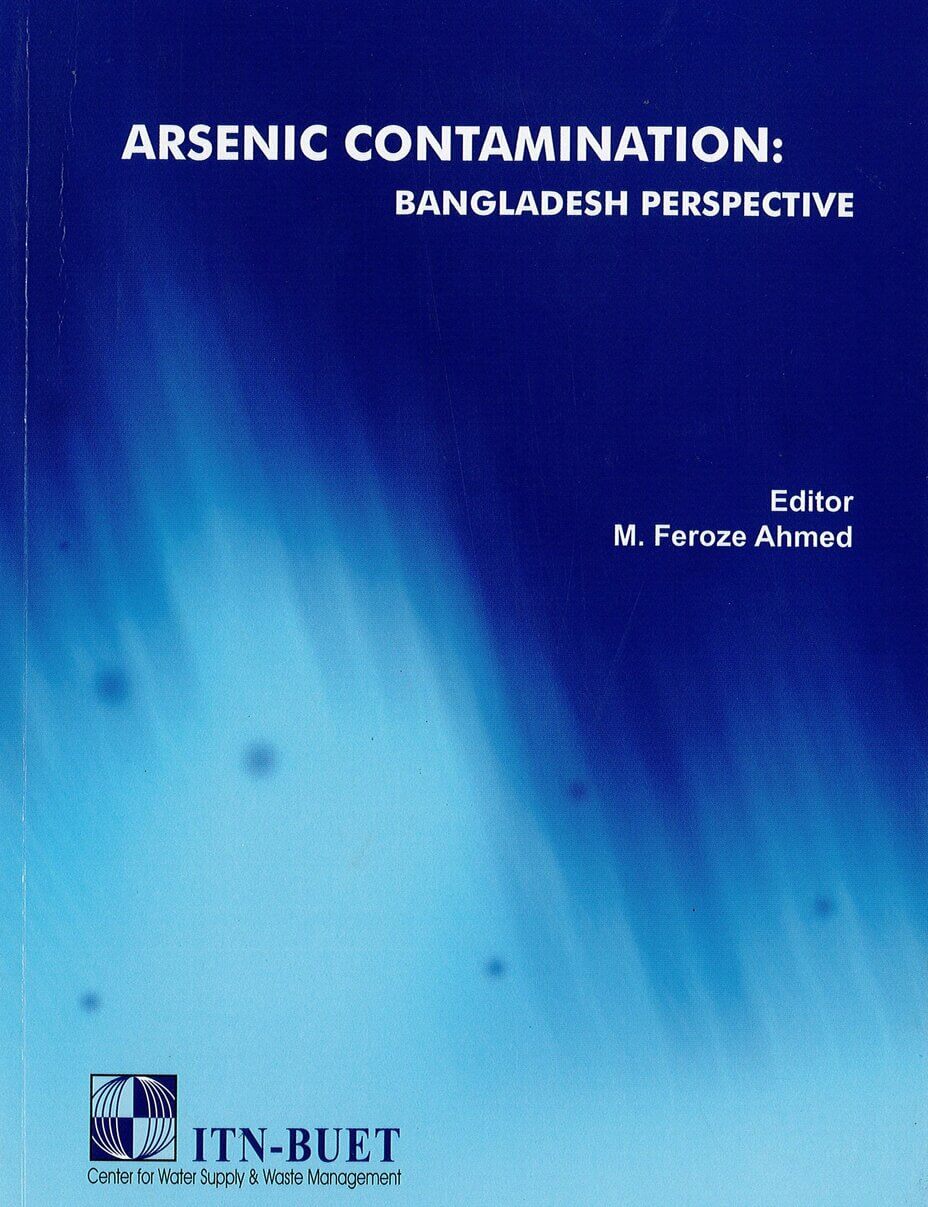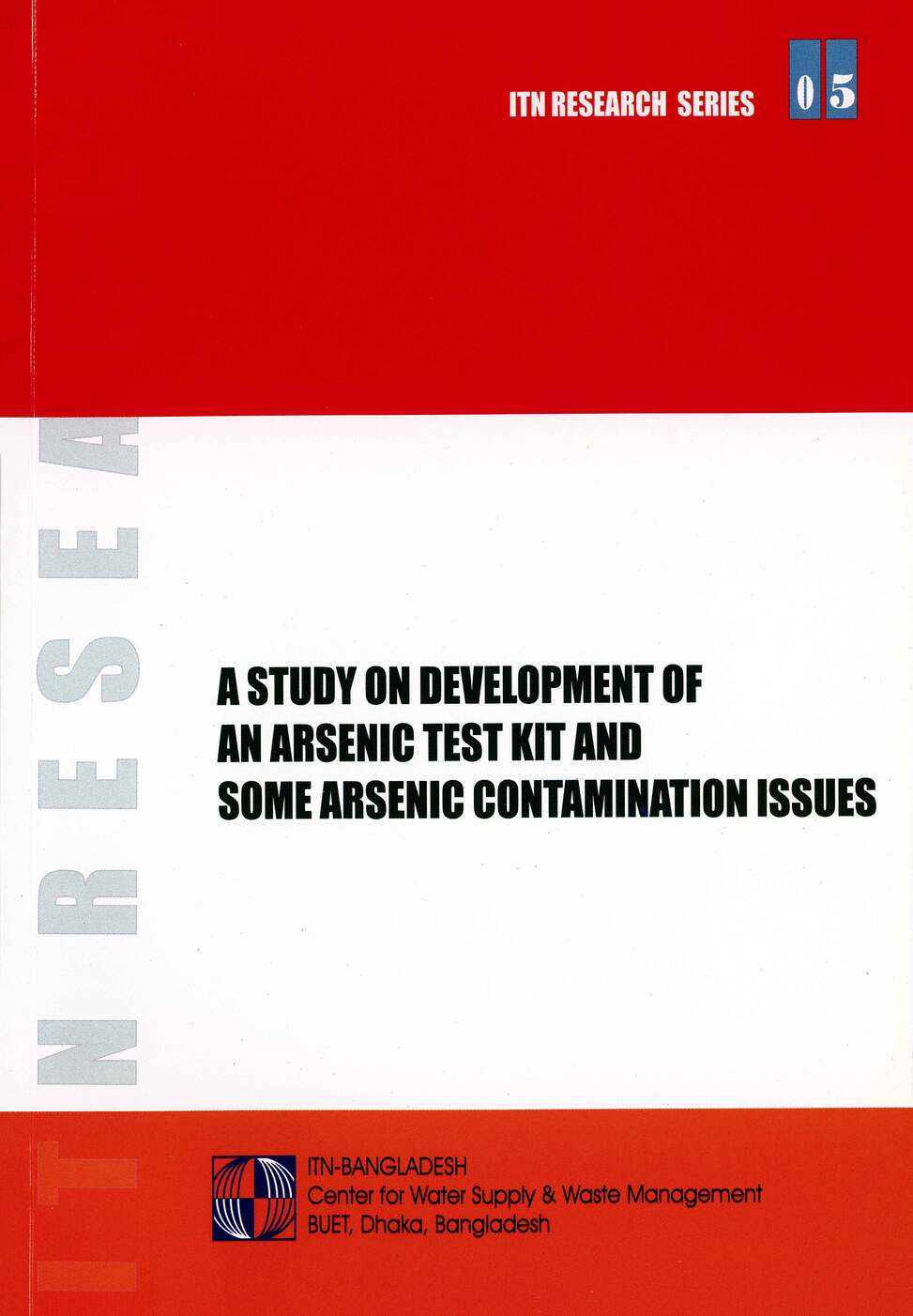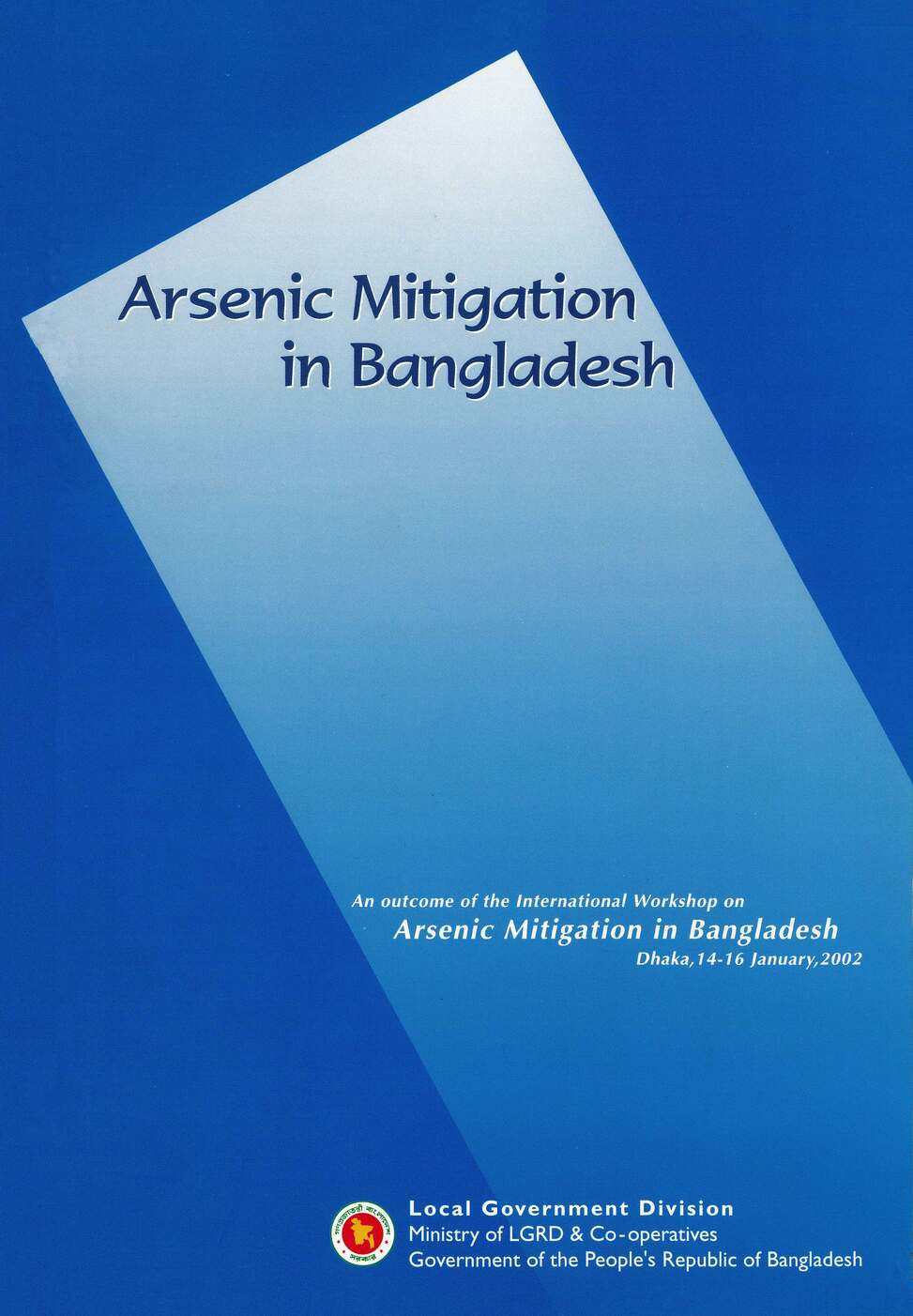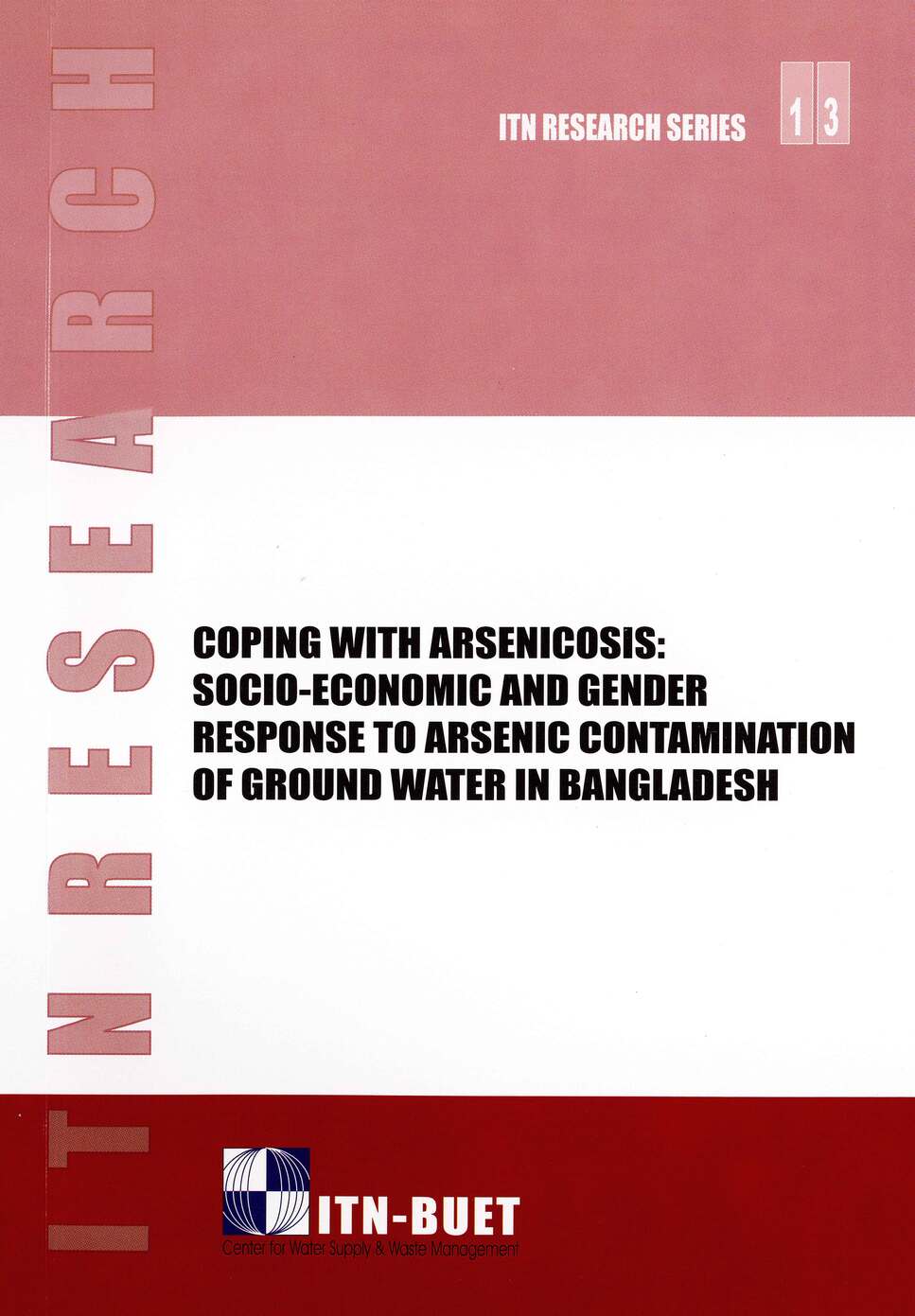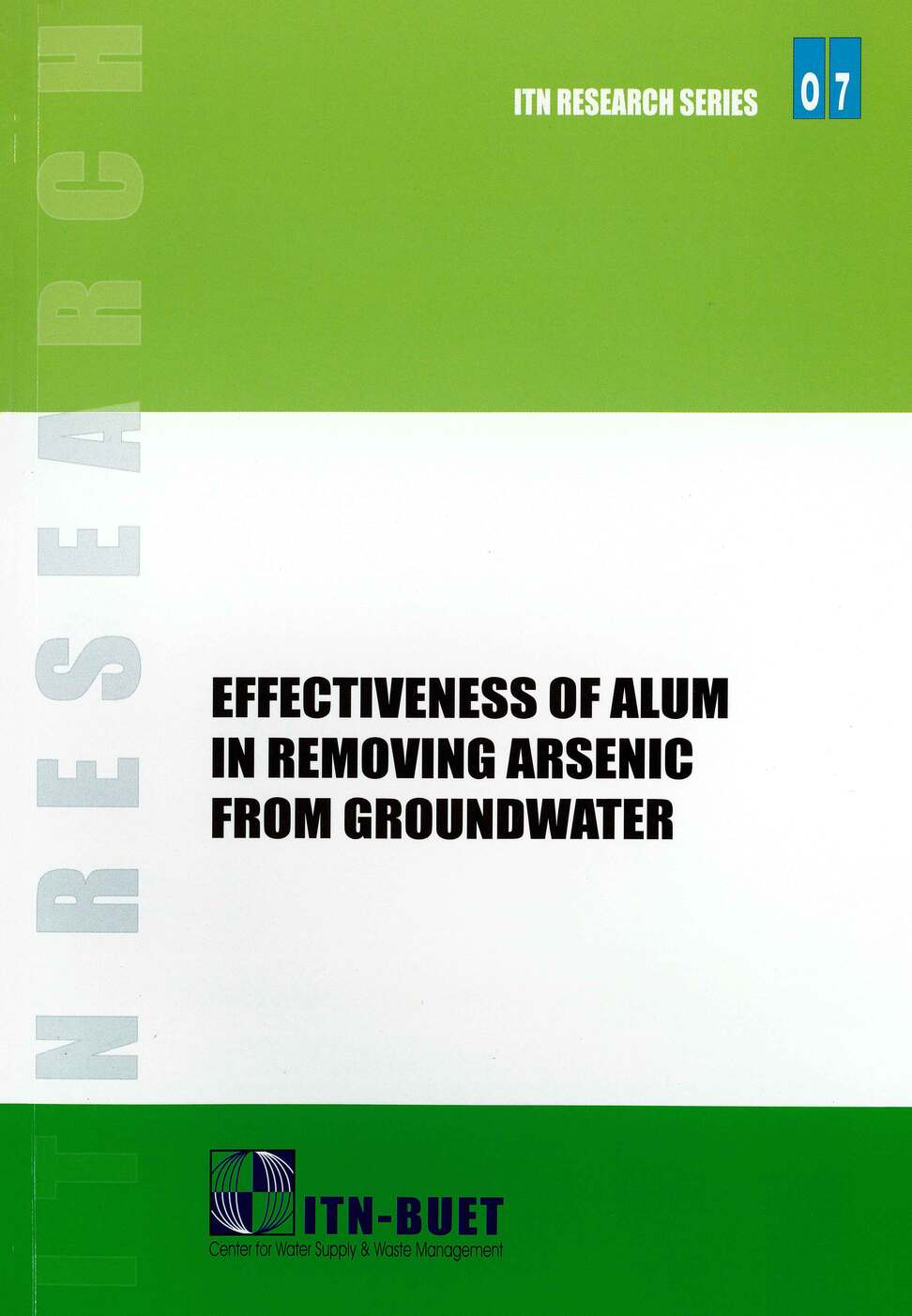Arsenic contamination of groundwater is recognized as a significant threat to water supplies and public health in many countries worldwide. Bangladesh continues to grapple with the challenge of providing arsenic-safe water to approximately 30 million people exposed to high levels of arsenic through their drinking water. Moreover, approximately 72% of Bangladesh’s irrigation needs are met by abstracting groundwater from shallow aquifers, which poses an additional threat of potential soil and food chain contamination by arsenic.
This publication aims to update the knowledge base concerning all aspects of arsenic contamination, with a particular focus on Bangladesh. Major issues, including hydrogeology, water and soil contamination, food safety, health implications, social consequences, as well as analytical aspects including the chemistry and fate of arsenic in the environment, are discussed extensively within the context of Bangladesh.


